Content Marked with: Stephen Kane
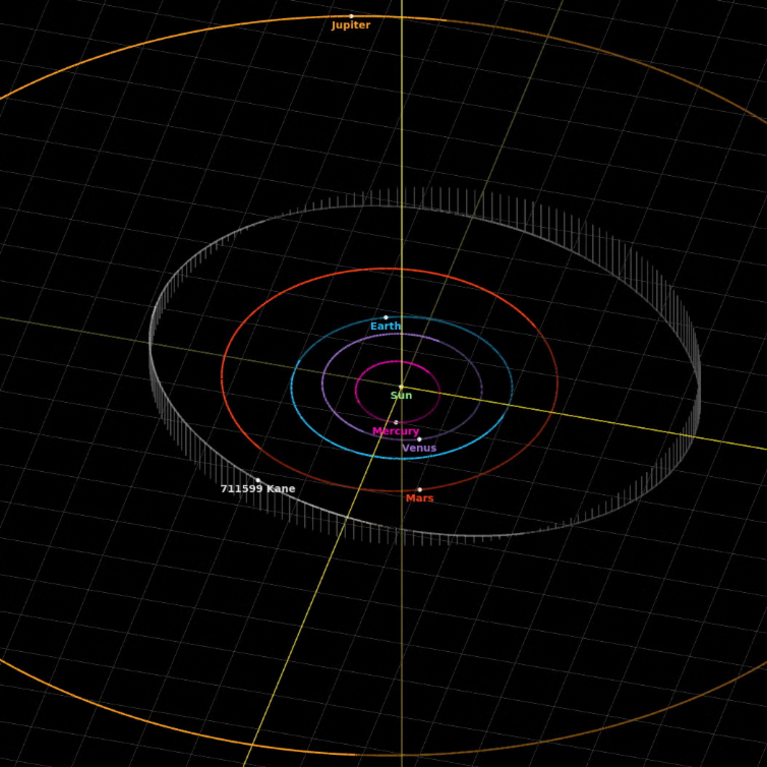
A UCR astrophysicist is now an asteroid
A newly named asteroid is carrying a bit of UC Riverside into deep space. The International Astronomical Union, which is responsible for naming celestial objects, has honored UCR professor of planetary astrophysics Stephen Kane by naming asteroid (711599) “Kane” after him. Read More.
By Jules Bernstein |
A UCR astrophysicist is now an asteroid
Anewly named asteroid is carrying a bit of UC Riverside into deep space. The International Astronomical Union, which is responsible for naming celestial objects, has honored UCR professor of planetary astrophysics Stephen Kane by naming asteroid (711599) “Kane” after him. Read more.
By Jules Bernstein |
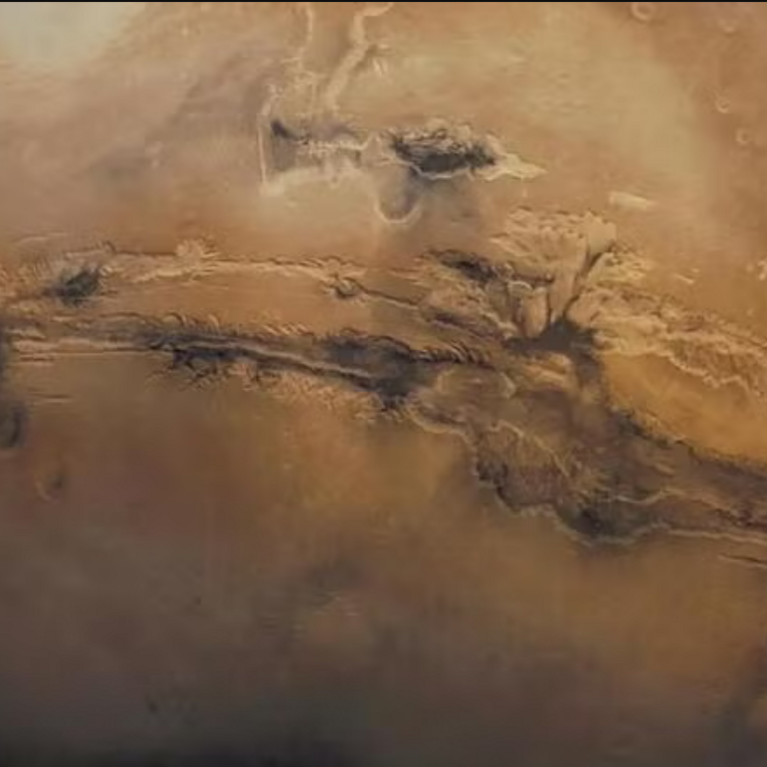
Tiny Mars’ big impact on Earth’s climate
At half the size of Earth and one-tenth its mass, Mars is a featherweight as far as planets go. And yet, new research reveals the extent to which Mars is quietly tugging on Earth’s orbit and shaping the cycles that drive long-term climate patterns here, including ice ages. Read more
By Jules Bernstein |
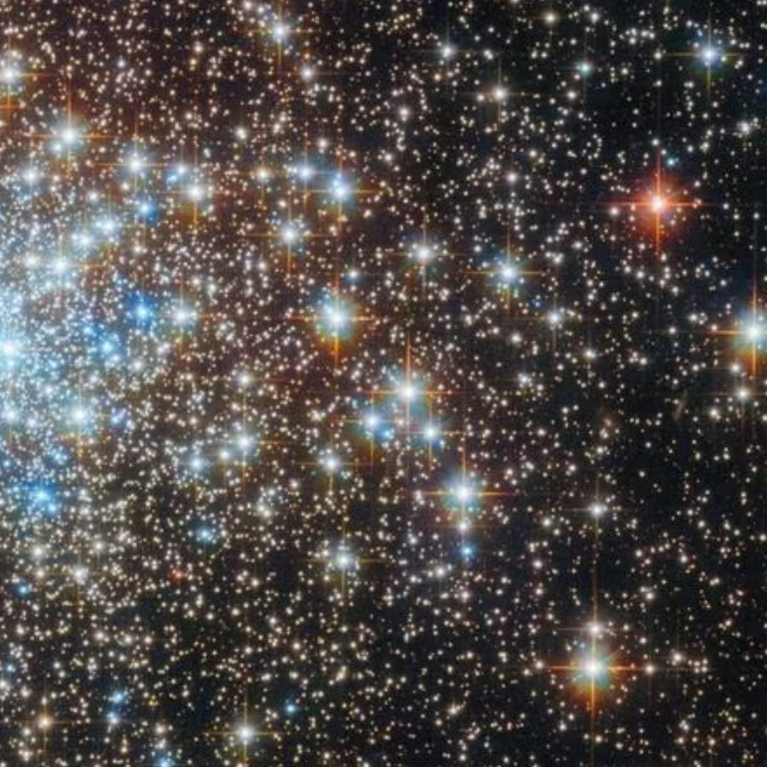
Decades-old mystery of AlCl dipole moment resolved
In a study that closes a long-standing knowledge gap in fundamental science, researchers Boerge Hemmerling and Stephen Kane at the University of California, Riverside, have successfully measured the electric dipole moment of aluminum monochloride (AlCl), a simple yet scientifically crucial diatomic molecule. Their results, published in Physical Review A, have implications for quantum technologies, astrophysics...
By Iqbal Pittalwala |

International planet hunters unveil massive catalog of strange worlds
While thousands of planets have been discovered around other stars, relatively little is known about them. A NASA catalog featuring 126 exotic, newly discovered worlds includes detailed measurements that allow for comparisons with our own solar system. The catalog details a fascinating mix of planet types beyond our solar system, from rare worlds with extreme...
By Jules Bernstein |

Squeezed by neighbors, planet glows with molten lava
UC Riverside astrophysicist Stephen Kane had to double check his calculations. He wasn’t sure the planet he was studying could be as extreme as it seemed. Kane never expected to learn that a planet in this faraway star system is covered with so many active volcanoes that seen from a distance it would take on...
By Jules Bernstein |
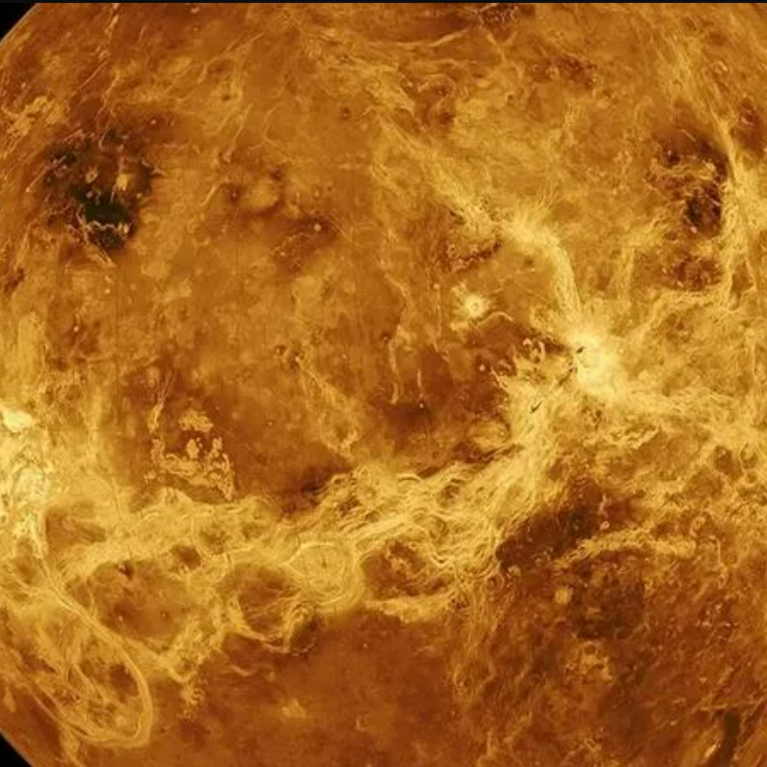
To find life in the universe, look to deadly Venus
Despite surface temperatures hot enough to melt lead, lava-spewing volcanoes, and puffy clouds of sulfuric acid, uninhabitable Venus offers vital lessons about the potential for life on other planets, a new paper argues. “We often assume that Earth is the model of habitability, but if you consider this planet in isolation, we don’t know where...
By Jules Bernstein |
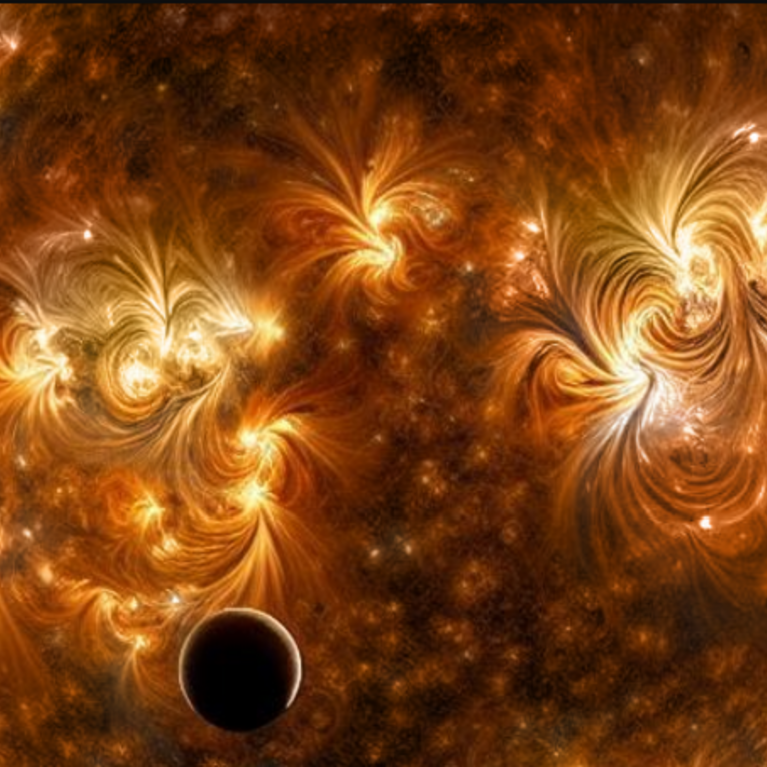
Fledgling planets discovered around a newly formed star
With an arsenal of advanced technology, scientists have found a multi-planet star system that provides a rare insight into the way planets form and behave around a young star. TOI-1136 is a dwarf star in the Milky Way galaxy more than 270 light years from Earth, which is considered nearby, as the Milky Way is...
By Jules Bernstein |
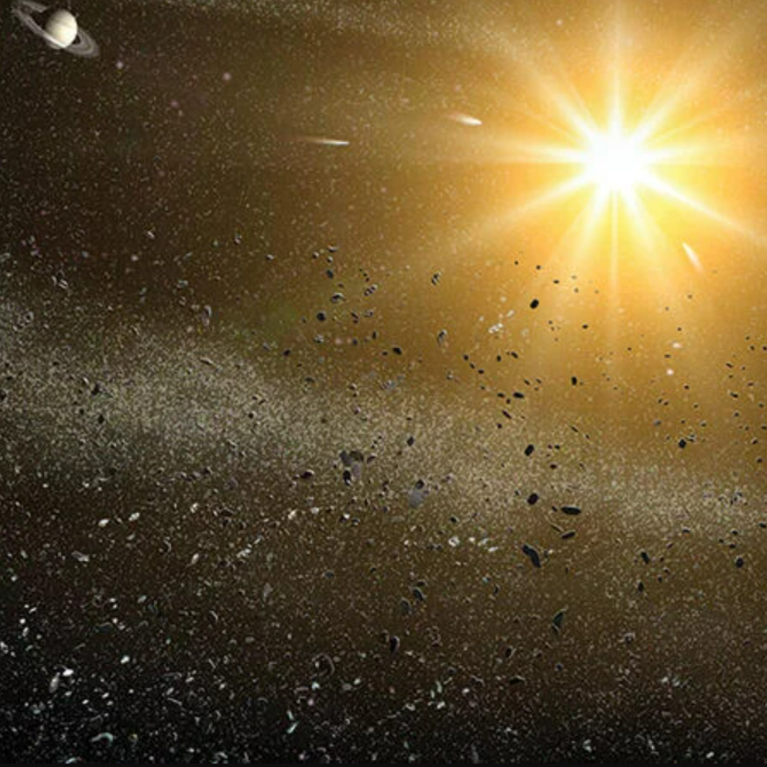
Giant planets cast a deadly pall
Giant gas planets can be agents of chaos, ensuring nothing lives on their Earth-like neighbors around other stars. New studies show, in some planetary systems, the giants tend to kick smaller planets out of orbit and wreak havoc on their climates. Jupiter, by far the biggest planet in our solar system, plays an important protective...
By Jules Bernstein |
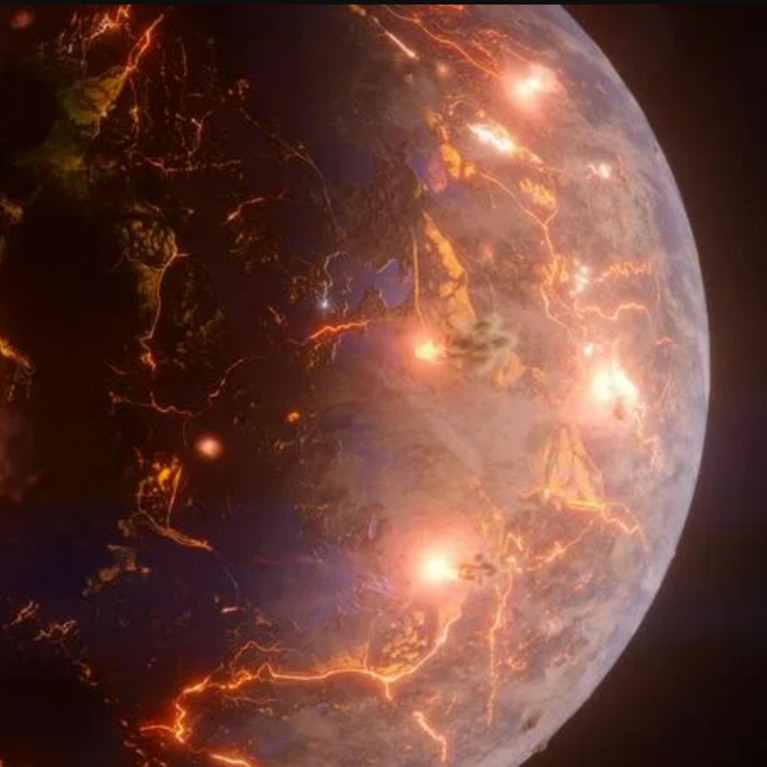
Are Earth and Venus the only volcanic planets? Not anymore.
Imagine an Earth-sized planet that’s not at all Earth-like. Half this world is locked in permanent daytime, the other half in permanent night, and it’s carpeted with active volcanoes. Astronomers have discovered that planet. The planet, named LP 791-18d, orbits a small red dwarf star about 90 light years away. Volcanic activity makes the discovery...
By Jules Bernstein |
Let us help you with your search